In a scene from his recent music video "Mean Gays," performer Shane Jenek, for the moment not dressed as his glamorous drag persona Courtney Act, looks nervously back and forth between a dumbbell and a wig. The video, featuring muscled men alongside Jenek in and out of drag, presents a binary between what is expected of male beauty and feminine beauty, a conflict that Jenek has been wrestling with much of his young adult life.
"I struggled with my own masculinity, [and] even struggled with my own gender identity over the years," the RuPaul's Drag Race finalist confesses to The Advocate the day after Bianca Del Rio was crowned the season 6 champion. "I felt really torn between my passion, which was doing drag, and wanting to have the right body and have the right look so I could be found sexually desirable."
Gender identity is a topic that Jenek discusses a lot, particularly in light of this season of RuPaul's Drag Race, in which the overlapping waters of the drag and transgender communities heated to a boil. This battle has largely been over the authority of the right to use words like "tranny" or "shemale," which many trans activists consider slurs and some drag performers defend as endemic to drag pride and culture. As a result of this battle, Drag Race's network, Logo TV, not only apologized and pulled a controversial episode from its archives -- in which contestants had to label close-up photographs as either "female" or "shemale" -- but it also went a step further, vowing to remove a popular segment, "You've Got Shemail," which was present from the show's inception, from all future seasons.
This act sparked even further resentment and eye-rolling among many past Drag Race fans and cast members. One of them, season 6 champion Bianca Del Rio, told The Advocate, "It's not that serious. It's a drag show on Logo. We dress up. We pretend we're puppets. ... Lighten the fuck up."
"I'm a Libra, so I see this from both sides," added Adore Delano, a Drag Race season 6 finalist alongside Del Rio and Act. "In high school, I identified as transgender for years, so I personally find it interesting that it took [the transgender community] six years to get offended by that. But, I also see where they're coming from. I think BenDeLaCreme actually said this brilliantly. She said, 'There's so many words in the vocabulary. And if there's one word that you're using that could possibly offend someone, and really offend somebody, than why not just completely wipe it from your vocabulary and use something else.' I get that, but it's like, I see it from both ways. The show is so trans-friendly and so fun, and so campy, that it's like, there's no way you can take that out of context."
For Jenek, the debate also hits on issues close to home. His drag performance as Courtney Act, which so dazzled the Drag Race judges, had another effect on some fans in the past, who tried to convince Jenek that his convincing portrayal of a female meant that he must be a transgender woman. Jenek wasn't sure what to think. He remembers bursting into tears one night at the home of a friend because of his conflicted feelings about his gender identity.
"I was tormented, because I didn't know if I wanted to be a woman or if I wanted to be a man," he recalls.
As a result, the native Australian performer, who first rose to fame as a singer on Australian Idol only after slipping into Courtney Act's sequined gown, grew to resent his female persona. He would eschew weightlifting at the gym because he did not want to "look too bulky for Courtney, and kind of blaming Courtney because of that."
Today, Jenek no longer feels divided about his gender identity and has come to embrace both masculine and feminine sides. While he now identifies as a gay male, he views gender identity as more of a spectrum, in which he falls "closer to the middle than most."
"The majority of people fall in the spectrum. And I think gender is like that as well," he says. "I think we are born a certain sex, but we all express our gender in ways that is transgender."
His experiences have led him to seek out more information, sitting down with trans musician Our Lady J to talk about the issue on YouTube. Ultimately, he concluded that the problem wasn't that the topic wasn't serious, but rather, that the conversation between the drag and transgender community was stuck in place.
"I felt there was a lot of 'we're right, you're wrong,' pushing back and forth, different sides of the argument. And obviously, that language does offend some trans people," Jenek says. "[But] people are getting stuck on language. And as important as language is ... I think that the really important thing is getting engaged in rational conversation."
That conversation involves discussing the dire plight of transgender people in the United States. For example, transgender people are four times likelier to live in poverty and twice as likely to be unemployed than the general population, according to a 2011 report by the National Center for Transgender Equality and the National Gay and Lesbian Task Force. The rates of violence and suicide are also exponentially higher among this community as well, with 41 percent having attempted to take their own lives.
"I don't think anyone can argue with there's something not right with the way trans people are being treated." Jenek says. "When you look at those statistics ... those are the things that I think we need to be focusing on."
"There's started to be a wedge driven between a section of the trans community and the gay community," he adds. "And I don't think anyone really wants that. I think they do at the end of the day want to work together. And as much as [part of the] trans community doesn't identify with the gay community, I really think we can respect each other, and [the gay community can] give them our strength and our support and offer a hand to them."










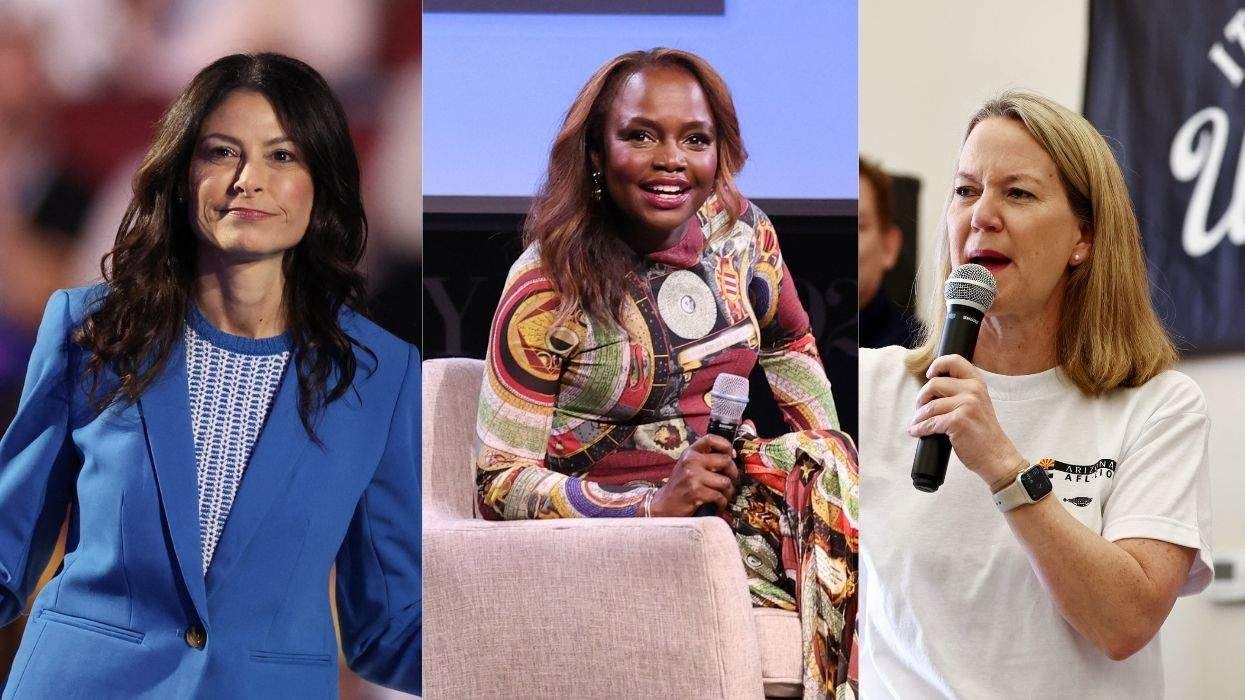



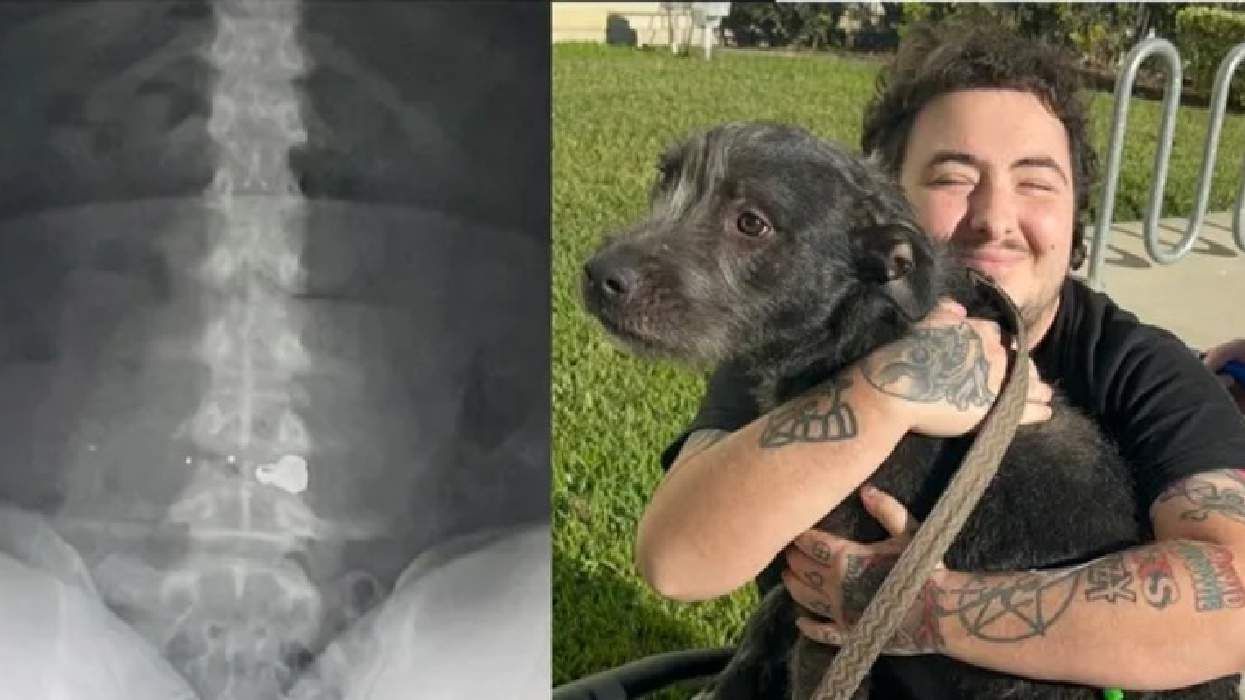
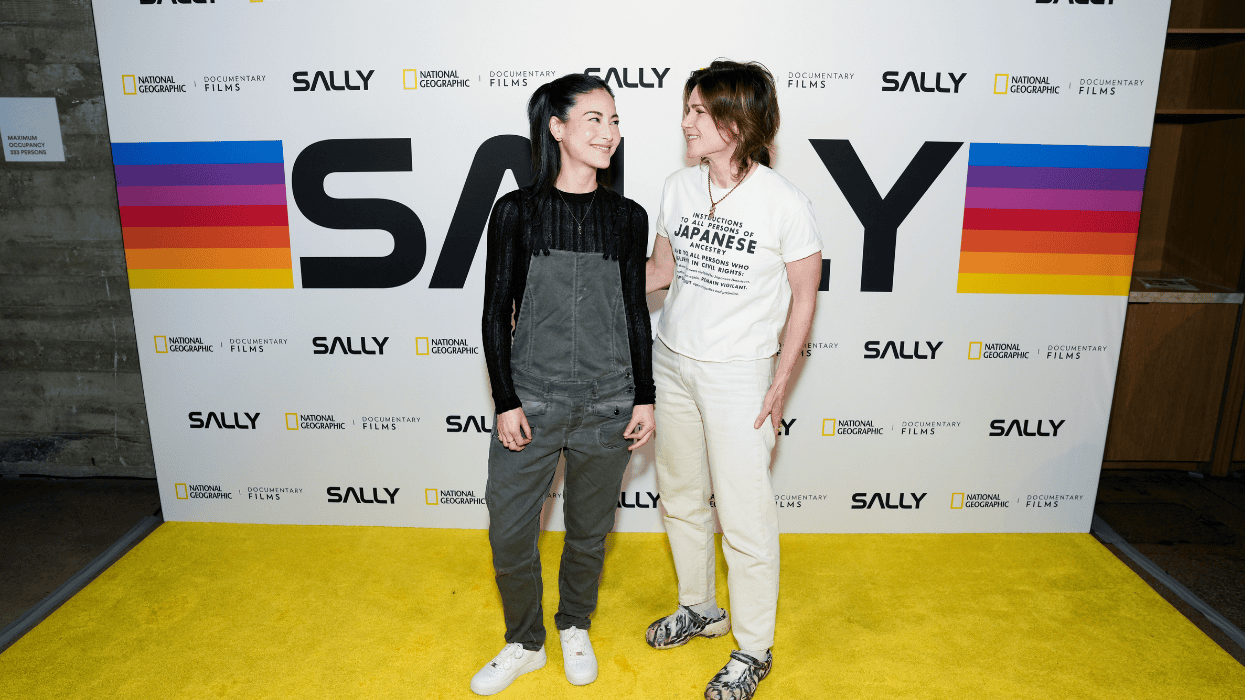
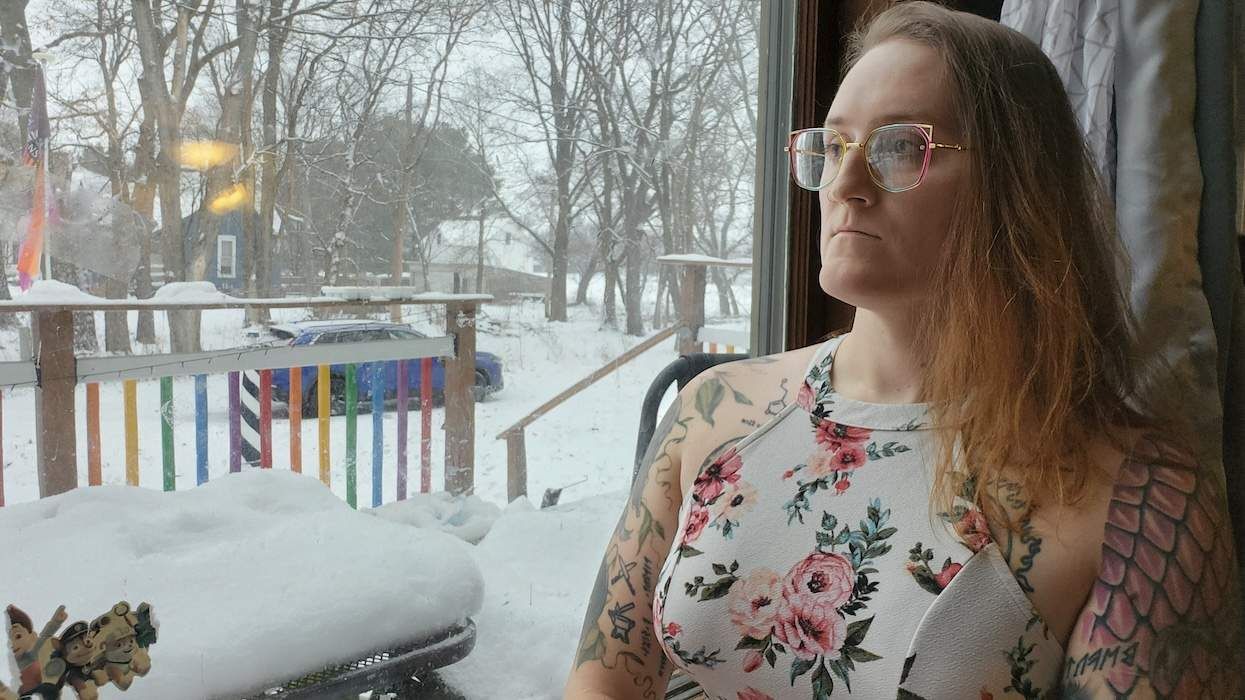

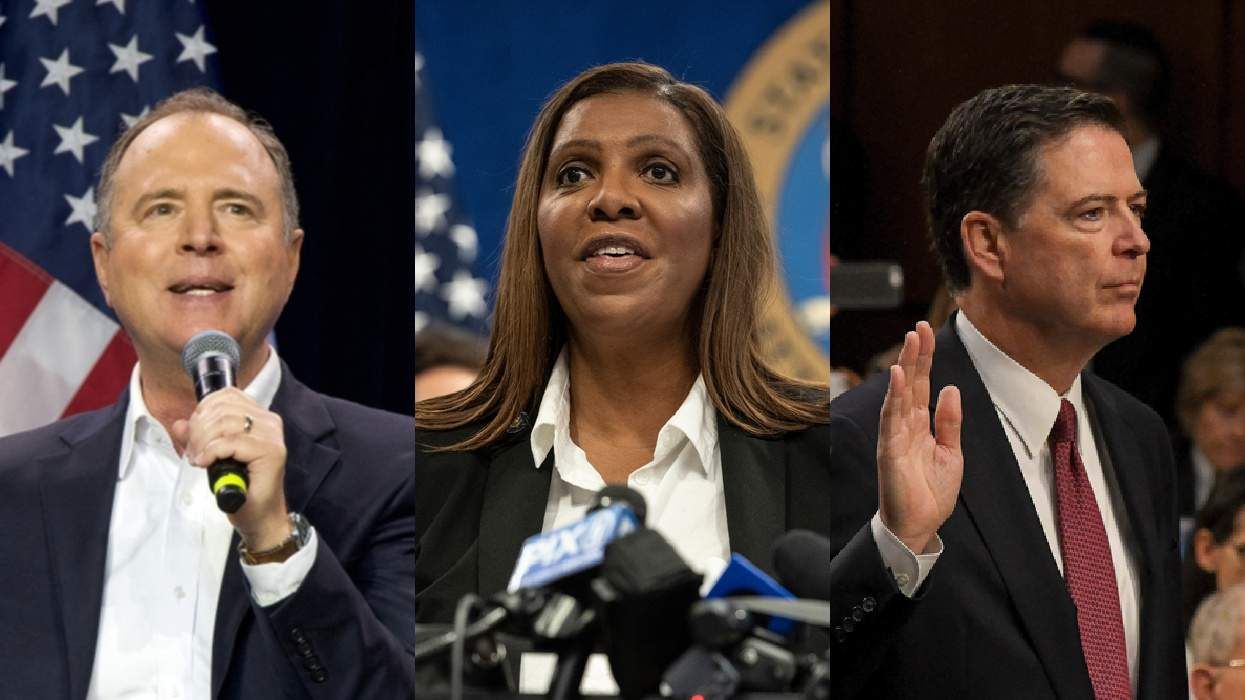

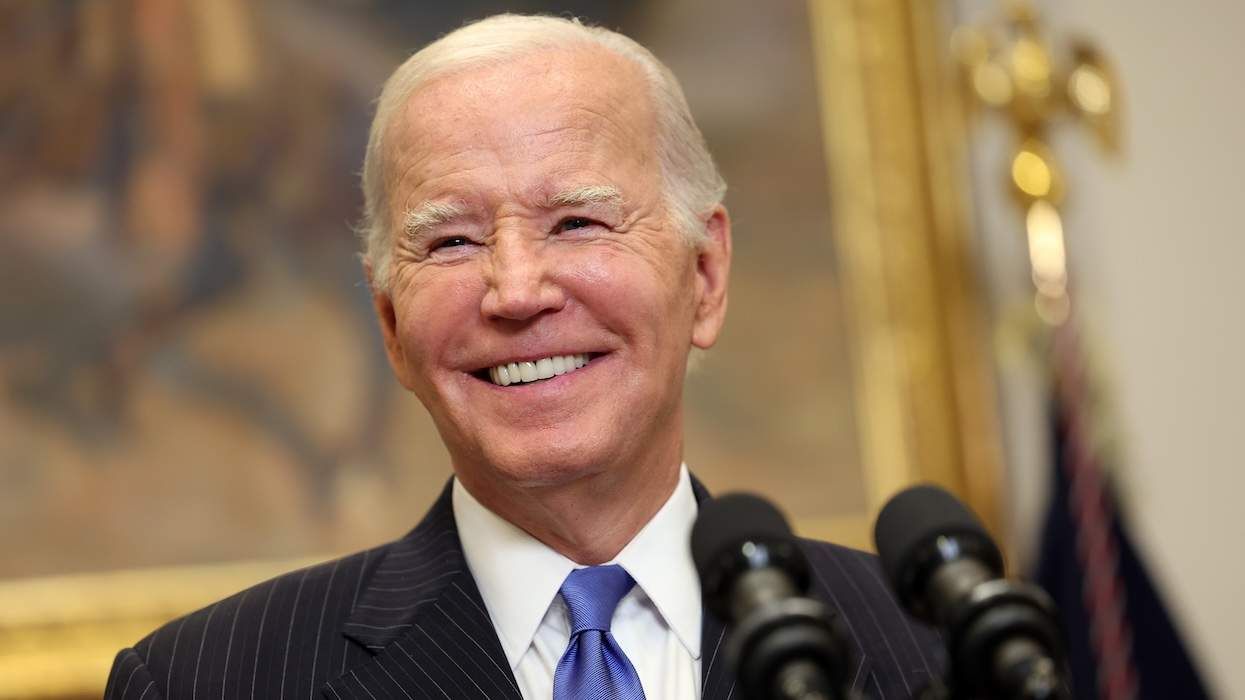
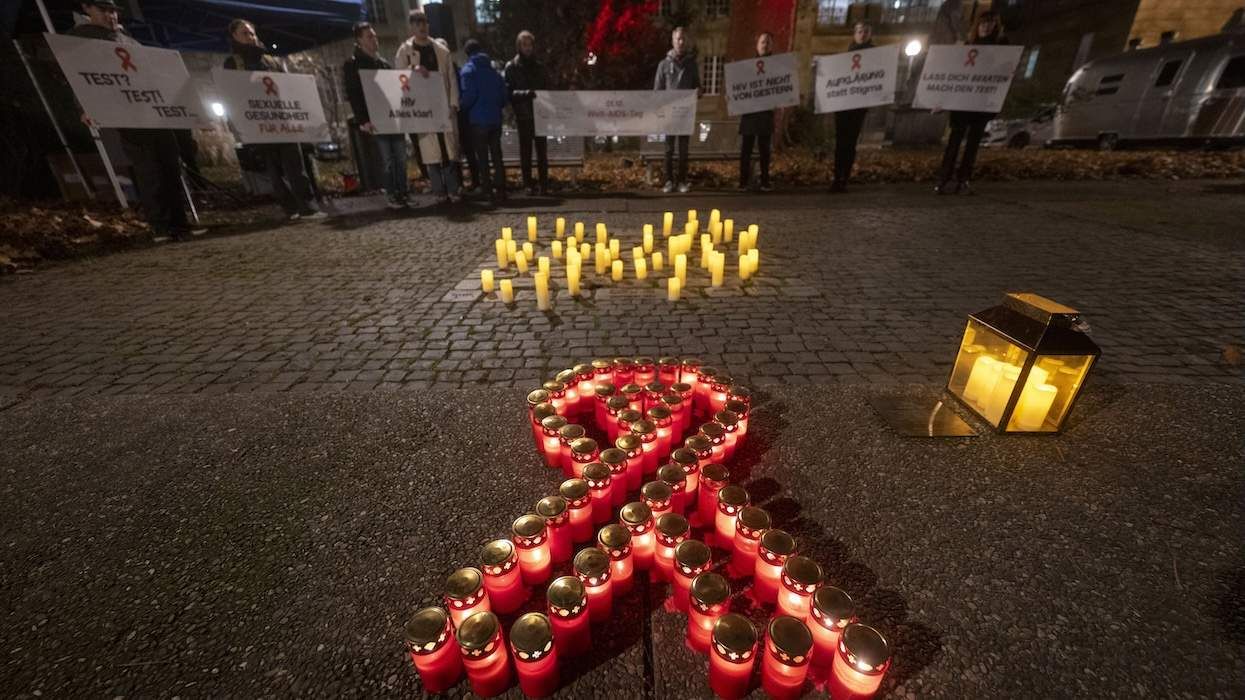


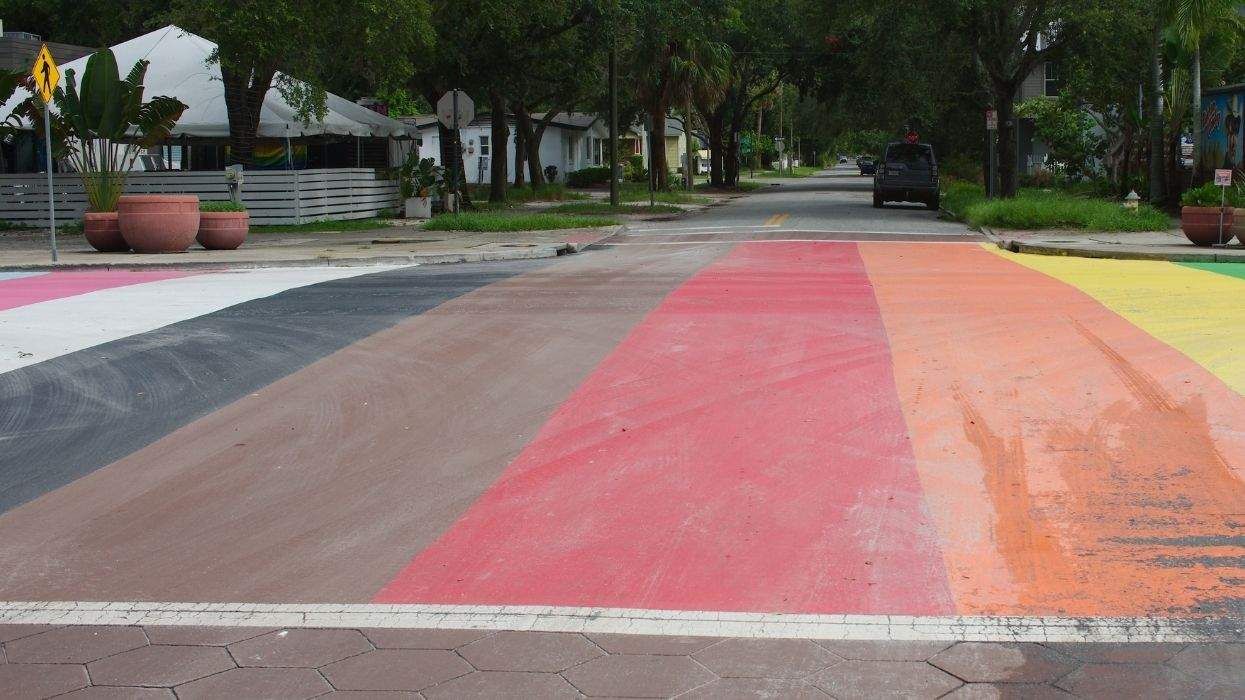
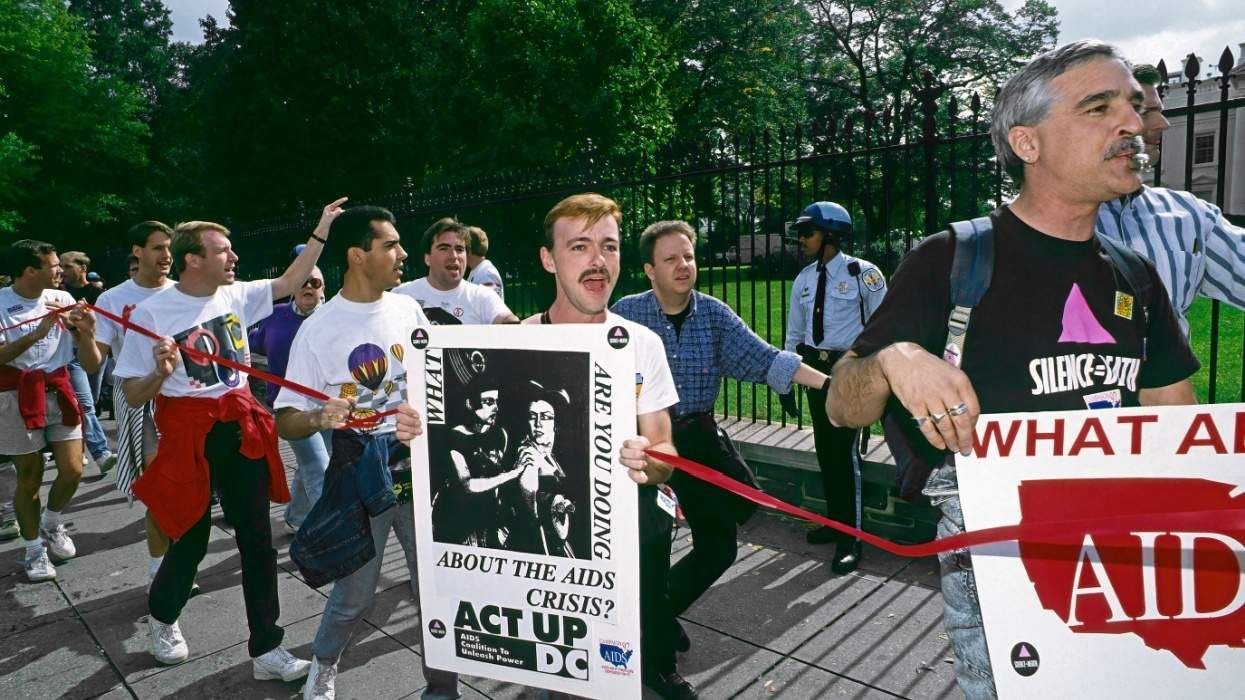
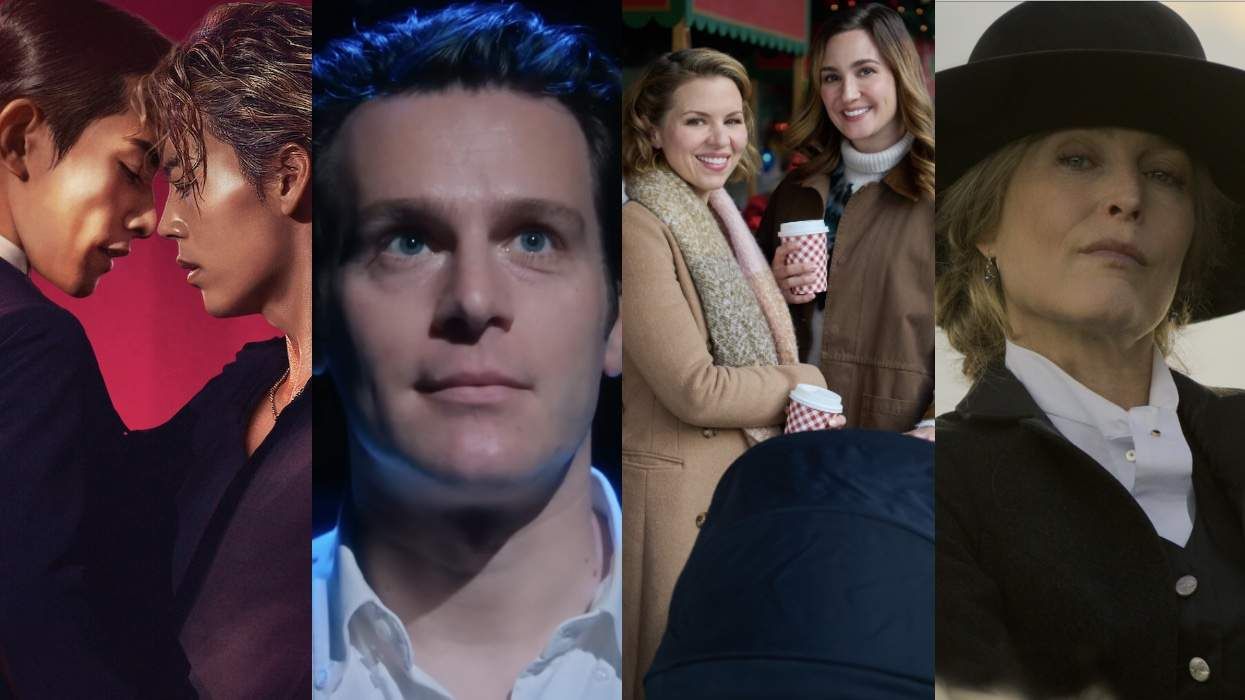
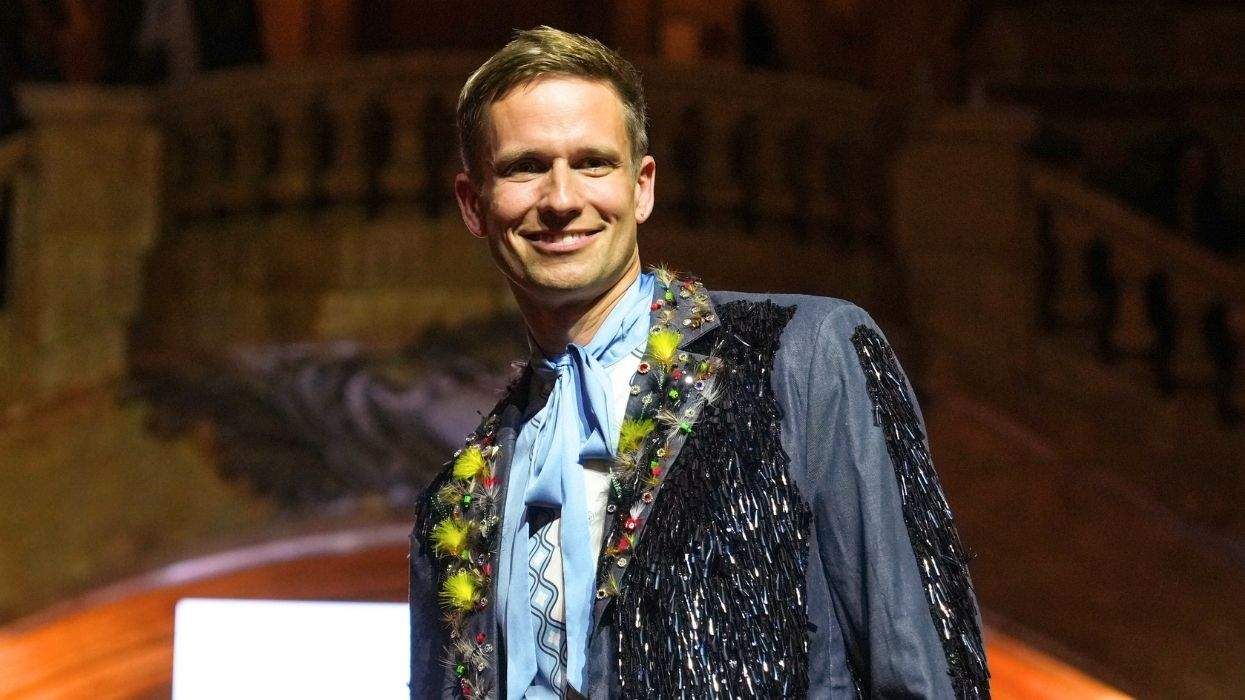




















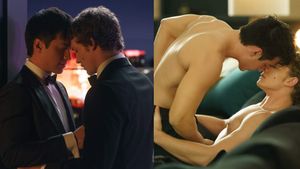

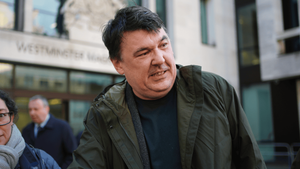
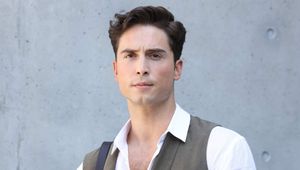
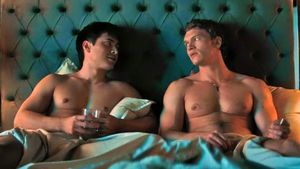
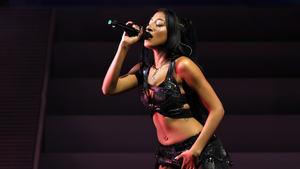








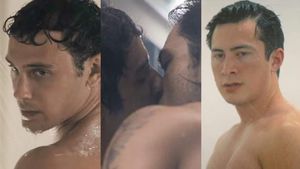

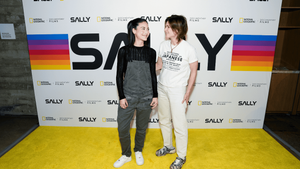



Charlie Kirk DID say stoning gay people was the 'perfect law' — and these other heinous quotes